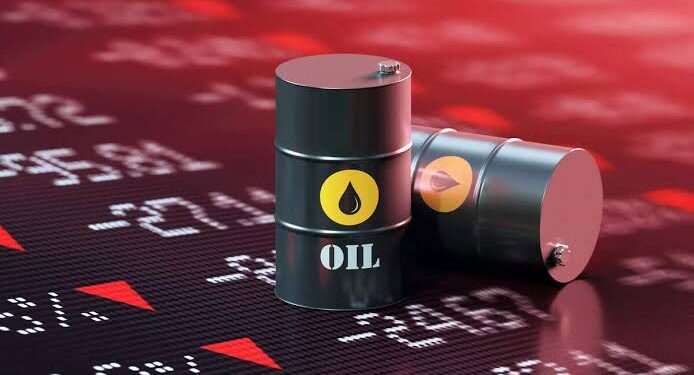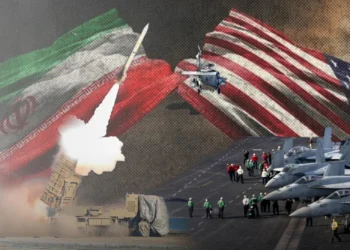Israel-Iran Conflict Spikes Global Oil Prices Amid Supply Fears
June 15, 2025
Jerusalem, Israel – The escalating conflict between Israel and Iran has jolted global oil markets. Israel’s strikes on Iran’s nuclear and military sites on June 12-13, 2025, triggered a sharp rise in oil prices. Brent crude, the international benchmark, surged 7% to $74.23 per barrel, with intraday spikes reaching 14%. West Texas Intermediate (WTI) climbed 7.3% to $72.98.
Iran’s retaliation, launching over 100 ballistic missiles and drones, heightened fears of disruptions in the oil-rich Middle East. The Strait of Hormuz, a critical chokepoint for 20% of global oil trade, is at risk. Iran has threatened to block this route, though analysts call this unlikely due to Iran’s reliance on oil exports.
Iran produces 3.2-3.9 million barrels per day, about 3-5% of global supply, exporting mostly to China. An Israeli attack on Iran’s oil infrastructure, like Kharg Island, could disrupt 1.6-1.7 million barrels daily, pushing Brent prices to $80-$100 per barrel, experts say. However, OPEC+ has over 5 million barrels of spare capacity, potentially offsetting losses.
Global markets remain volatile. Stock indices like the S&P 500 fell 1.1%, while energy stocks rose. Inflation fears are growing, as higher oil prices could raise costs for fuel, food, and goods. The U.S., now the world’s largest oil producer, is less dependent on Middle Eastern oil, but China and Europe face risks from supply competition.
Analysts suggest prices may settle if escalation is contained. Goldman Sachs predicts WTI at $55 by year-end, barring major disruptions. However, a broader conflict involving regional producers could push prices above $100, risking global economic strain.




































